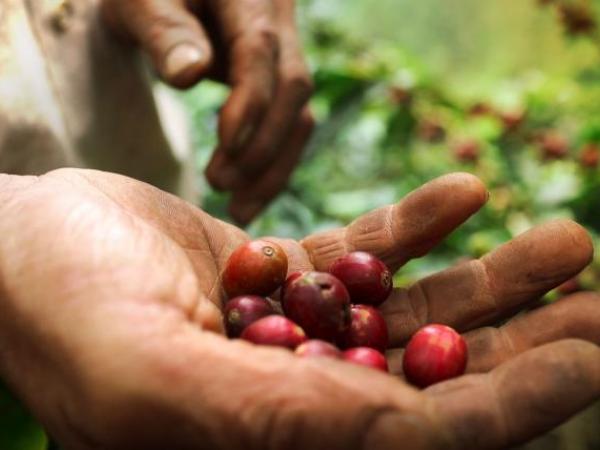In order to promote the coffee agrologistics chain, the Ministry of Transport, through the Group of
Logistics, undertook a series of actions to make the coffee industry more competitive in the country.
This is in response to the tasks contemplated in Conpes 4052: “Policy for the sustainability of Colombian coffee growing” and which have to do with the identification of collaborative logistics operation practices applicable to the coffee sector, which seek the reduction of logistics costs and times and the formulation of a roadmap for the articulation of actions within the framework of Logistics Alliances Regional (ALR), led by the Transport portfolio.
You may be interested in: ‘The viaduct is not part of Coviandina’s duties and it does not have to receive it’
In development of this purpose, the creation of working tables to analyze the bottlenecks for the transportation of coffee by river and rail was proposed; as well as the development of technical analyses that allow identifying the potential for mobilizing coffee by rail and determining the actions necessary to achieve an improvement in the competitiveness of this mode for grain transport.
This is how the first meetings were held yesterday and today in Ibagué and Pereira, in which the roadmap was defined, which also includes the formulation of collaborative practices applicable to the coffee sector and the holding of workshops for socialization and collective construction with the actors in the chain.
You can see: These are two works in Bogotá that were supposed to be ready this year, but they wouldn’t make it
Coffee
iStock
These practices will be carried out in areas such as logistics and distribution, marketing of derived products, production and processing.
To this end, a technical survey was developed and, with the support of the Eje Cafetero Administrative and Planning Region (RAP), a panel of experts was convened to conduct the first workshops to gather information.
Read: Collection of property value in Cartagena – Barranquilla will be reinvested in the region

Thus, not only will the production-transport chain be streamlined, but also the work carried out by the Regional Logistics Alliances will be consolidated, which were born as part of the efforts of inter-institutional coordination and strengthening of the regional presence of the Ministry of Transportation in the national territory.
Paula Galeano Balaguera
Portfolio Journalist

















